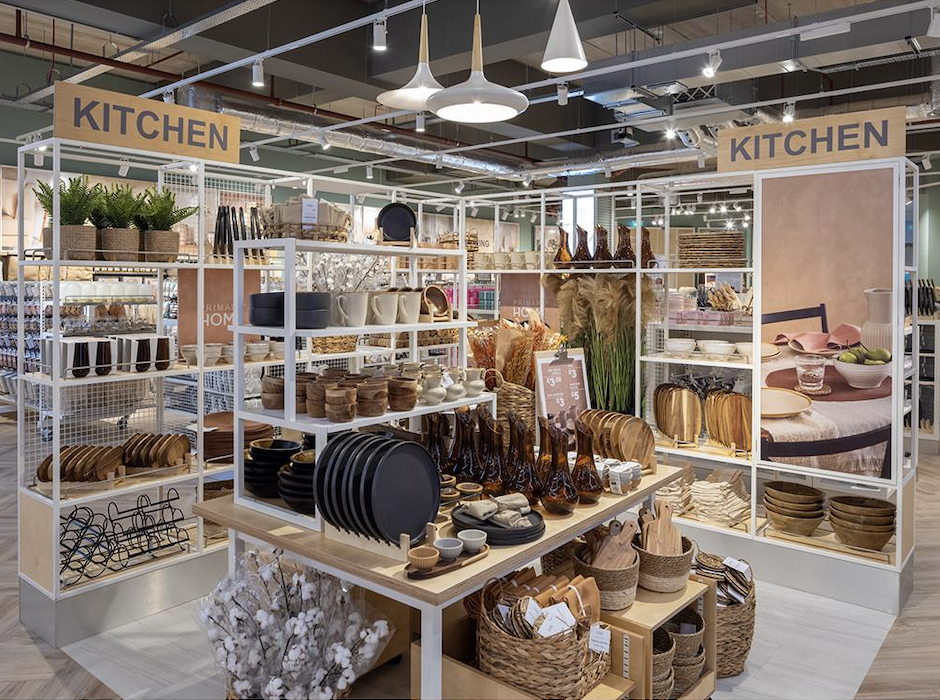New polling commissioned by The Chartered Trading Standards Institute (CTSI) reveals that nearly four fifths (79%) of UK consumers will be seeking to spend less this Christmas as the cost-of-living crisis deepens, with many turning to cheaper products – including counterfeit goods.
UK Consumers plan to save money in a number of ways, the study finds, including more than a third (40.89%) plan to buy less this Christmas, with around one third (30%) seeking out cheaper products than those they bought last year. More than one in ten plan to save money by buying second hand. Many will also look to knowingly and unknowingly buy counterfeits to save money.
Young people are nearly three times more likely to admit being happy to knowingly buy counterfeit goods.
CTSI’s research also reveals that 15% of consumers do not know how to ensure that the goods they are buying online are safe, and a further 48% only know ‘to some extent’ what to look out for.
Dangerous toys, unsafe electronic goods and counterfeit cosmetics are among the products that can turn a Merry Christmas into a time of tragedy – and this year it has never been more important to be on the lookout for presents that are safe and comply with the law.
John Herriman, Chief Executive of CTIS explains: “We know that for the vast majority of UK consumers, times are tough right now and the need to save money or spend less is completely understandable. While this polling suggests that many of us will cut back our spending this Christmas, we want to remind people that while fake or counterfeit goods might be tempting, they are often a false economy. Products are rarely manufactured in compliance with safety regulations and can pose a serious risk to health.
“This isn’t about spoiling people’s fun or causing unnecessary alarm; dangerous products can, and do, pose a real threat to people’s lives. If a shoddy electrical device or set of fairy lights catches fire while you and your family are asleep upstairs, a happy time of year could very quickly become something you’ll remember for all the wrong reasons.”
Phil Lewis, Director General at the Anti-Counterfeiting Group (ACG), adds: “Trading Standards are our front line in making sure that UK consumers and business are protected from those that prey on people’s needs. Criminal counterfeiters will be well aware of the current financial conditions and the fact that consumers with less disposal income will be looking for bargains in the lead up to Christmas.
“These criminals have no morals or conscience, and will think nothing of putting families at risk from faulty and dangerous fake products. During this time ACG will be working hard with our TS colleagues to protect people from this insidious and dangerous criminal trade.”
Among the list of stocking fillers and seasonal items, CTSI is warning against includes:
- Counterfeit toys have been found to contain illegal levels of phthalates, a plastic-softening chemical than can cause cancer, asthma and fertility problems.
- Counterfeit perfumes, have been found to contain dangerous levels of methanol, which can cause irritation to the skin and eyes, and damage to the nervous system.
- Toys and other electrical items which are operated by lithium-ion button or coin-cell batteries are a particular concern; by law they must have lockable battery compartments, because if a button battery is swallowed by a child it can cause serious internal injuries.
- Products such as electronic scooters that use lithium batteries also pose a risk to safety; there have been several recent cases of these devices catching fire while charging.
- Poor-quality Christmas lights have also been known to cause electrical shorts, which lead to house fires.









